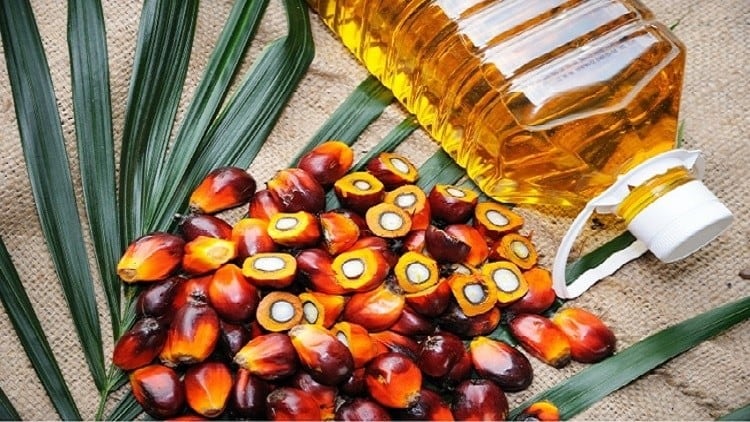The academics sought to assess the effects of palm oil (PO) consumption on plasma lipid profiles and evaluate its effect on CVD risk by analysing 11 studies involving 547 participants.
All of the studies were performed using healthy individuals with normal cholesterol levels without hypercholesterolemia.
The review found that PO consumption has no negative effect on total cholesterol (TC), plasma low-density lipoprotein cholesterol (LDL-c) and total cholesterol triglyceride (TG) concentrations.
The researchers wrote: “PO consumption is surrounded in plenty of controversy, in part due to its higher saturated fatty acid (SFA) content relative to other unsaturated fatty acid (UFA) oils including olive oil, canola oil, and soybean oil.”
However, they found that “PO consumption had a beneficial effect on serum HDL-c concentration. Meanwhile, PO consumption was not significantly related to TC, LDL-c, and TG concentrations relative to UFA data.
The pooled analysis revealed that palm oil increased the concentration of high-density lipoprotein cholesterol (WMD: 0.15 mmol/L; p<0.00001). Palm oil consumption had no significant effects on blood total cholesterol (WMD: -0.01 mmol/L; p=0.82) and LDL-c (WMD: -0.05mmol/L; p=0.10) and triglyceride concentrations (WMD: 0.00 mmol/L; p=0.96), relative to the effects of unsaturated fatty acid consumption.
Total dietary energy
Subgroup analyses revealed that palm oil only has a beneficial effect on high-density lipoprotein cholesterol levels when more than 30% of total dietary energy was constituted by fat.
The researchers acknowledged that the study was limited in several ways.
“Bias in the selection of literature may have affected our results. On the other hand, the subjects were too young to be sensitive to CVD. We concluded that studies of PO consumption were overall inconclusive; however this may be due to the inherent limitations and heterogeneity of the analysed studies themselves.
‘Lastly, it is difficult to arrive at a unified conclusion based on short-term dietary studies. Further studies are required that include more long-term data from more rigorous studies to clarify whether PO consumption affects CVD risk.
“Socioeconomic and environmental data are also required to facilitate the construction of reasonable dietary guidelines, as are ultimate health outcomes.”
Source: Asia Pac J Clin Nutr
doi: 10.6133/apjcn.201909_28(3).0009
“Effect of palm oil consumption on plasma lipid concentrations related to cardiovascular disease: a systematic review and meta-analysis”
Authors: Fengling Wang, et al





